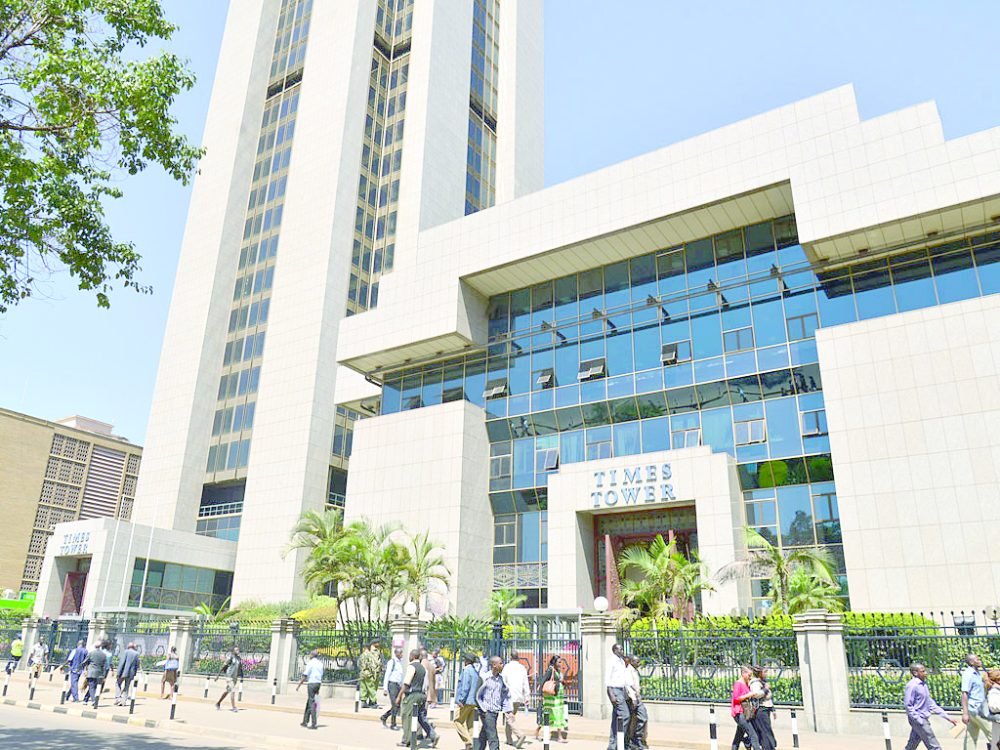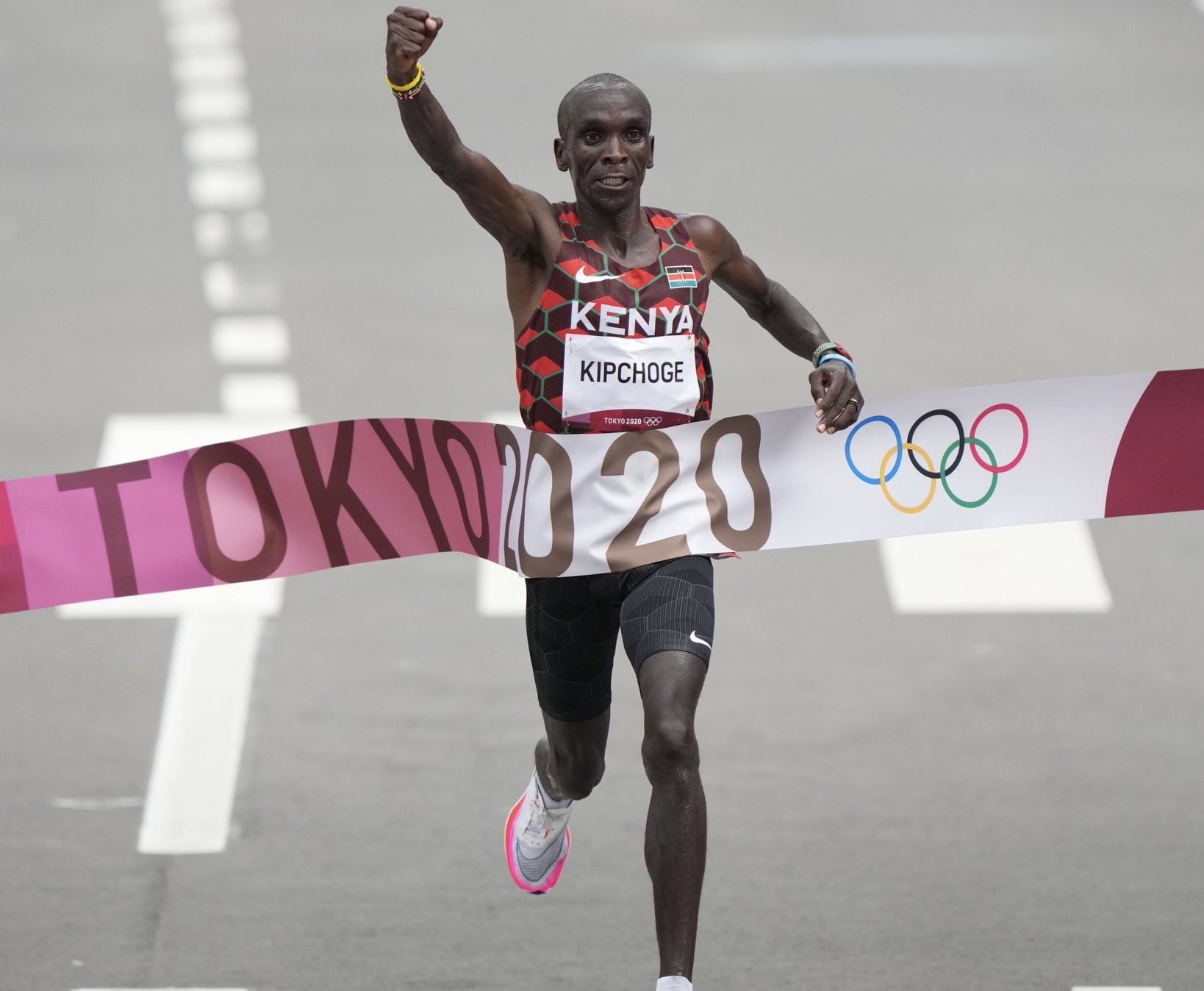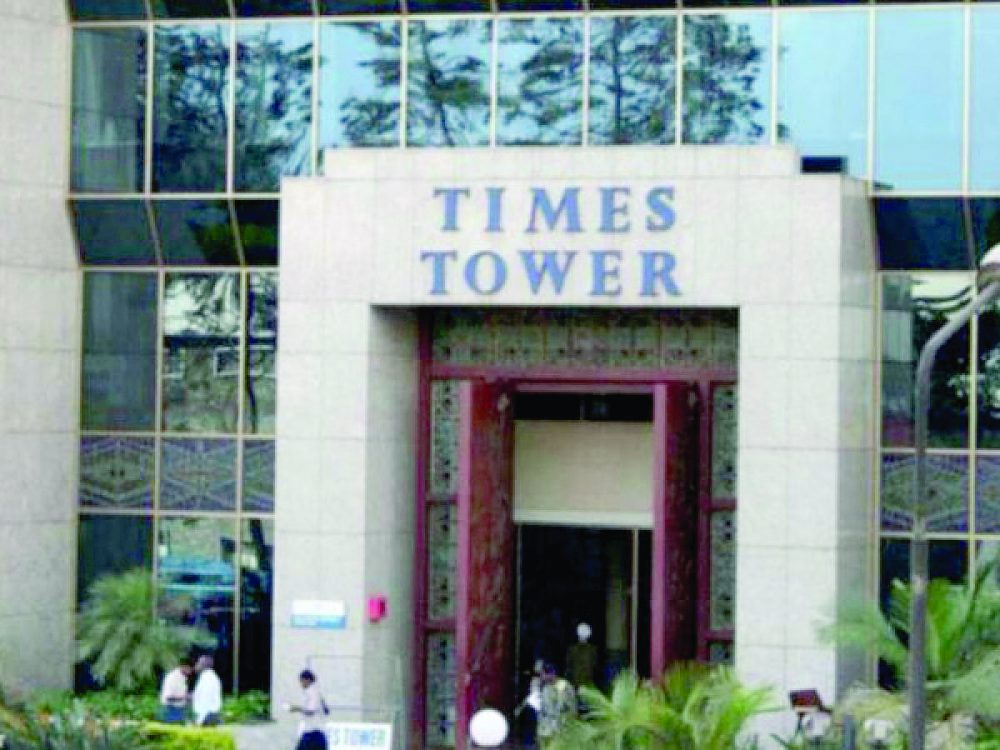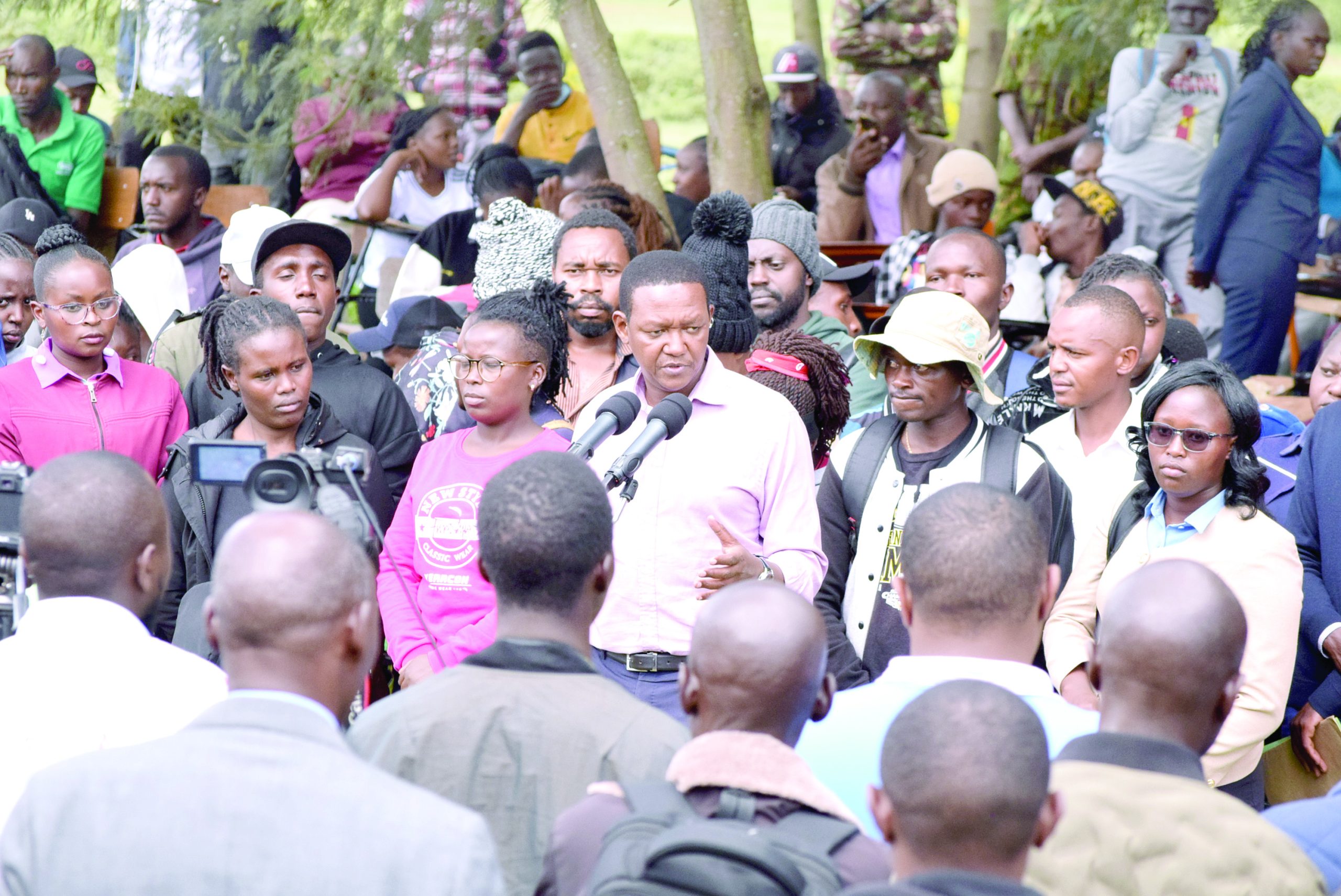Urgently implement Ruto salary directive
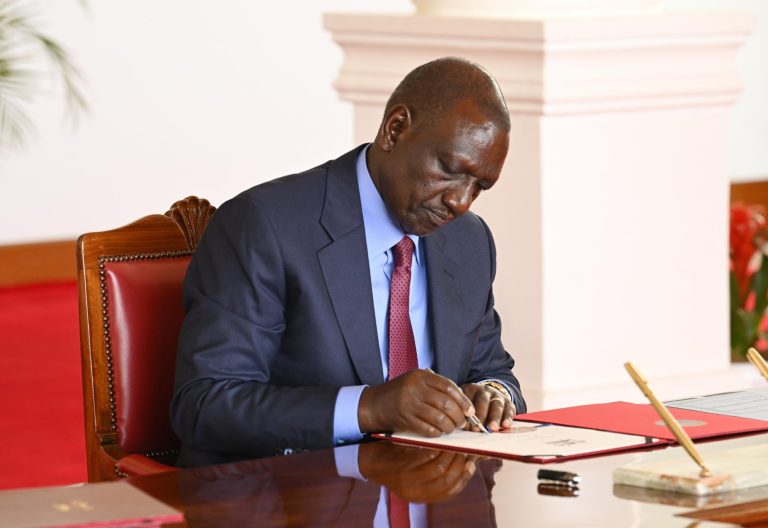
President William Ruto’s recent directive to government agencies to harmonise the salaries of Kenyan scientists and professionals with those of their counterparts in African is a significant move that speaks to the pressing need for equity and competitiveness within Kenya’s talent pool.
With the global economy rapidly evolving, one of the most valuable assets a nation can have is a highly skilled and motivated workforce.
The directive underscores the importance of recognising the critical role professionals, particularly in the sciences, play in driving the nation’s development and economic growth.
Over the years, many highly skilled Kenyans, especially in fields such as research, technology, and healthcare, have sought employment opportunities overseas.
While successive governments and parliaments have concentrated their efforts on improving the general welfare of politicians, Kenyan scientists and university lecturers have largely been ignored, with most going home with peanuts each month compared with those in the political class.
In most African countries, as in the developed world, scientists and individuals with specific professional skills are not only highly regarded, but are also well remunerated.
President Ruto’s directive to the Public Service Commission and the head of Public Service Felix Koskei on Friday to address the pay disparity should be expeditiously executed.
The directive not only fits well within the broader context of East African integration, but also enhances the spirit of movement of persons within Africa.
Harmonising salaries within the East African region makes it easier for professionals to move across borders without facing significant disparities in compensation.
There has been a growing disconnect between what public-sector professionals, particularly scientists, earn compared with their private-sector counterparts or their peers in other parts of the region.
Scientific and technological advancement in Kenya has often been stymied by poor remuneration, which fails to reflect the significance of these professions in driving the country’s developmental agenda.
The President’s directive was long overdue and should be implemented with the urgency it deserves.
